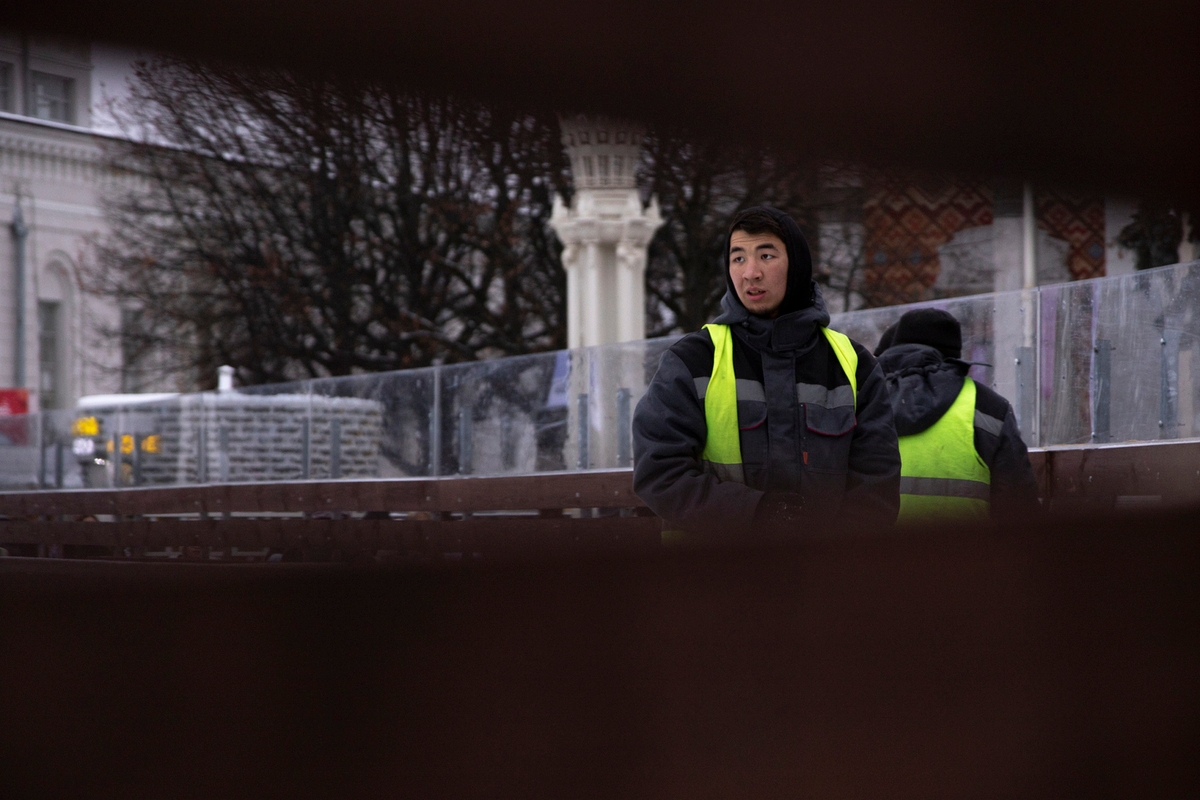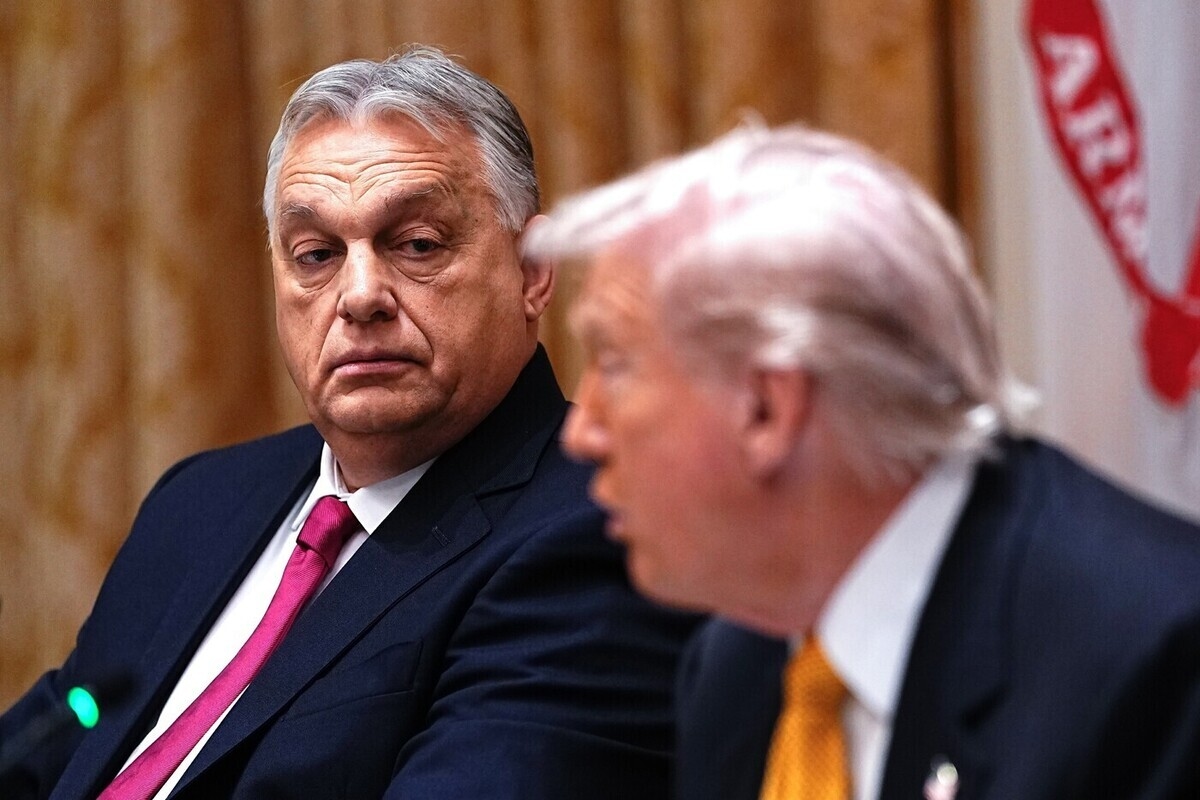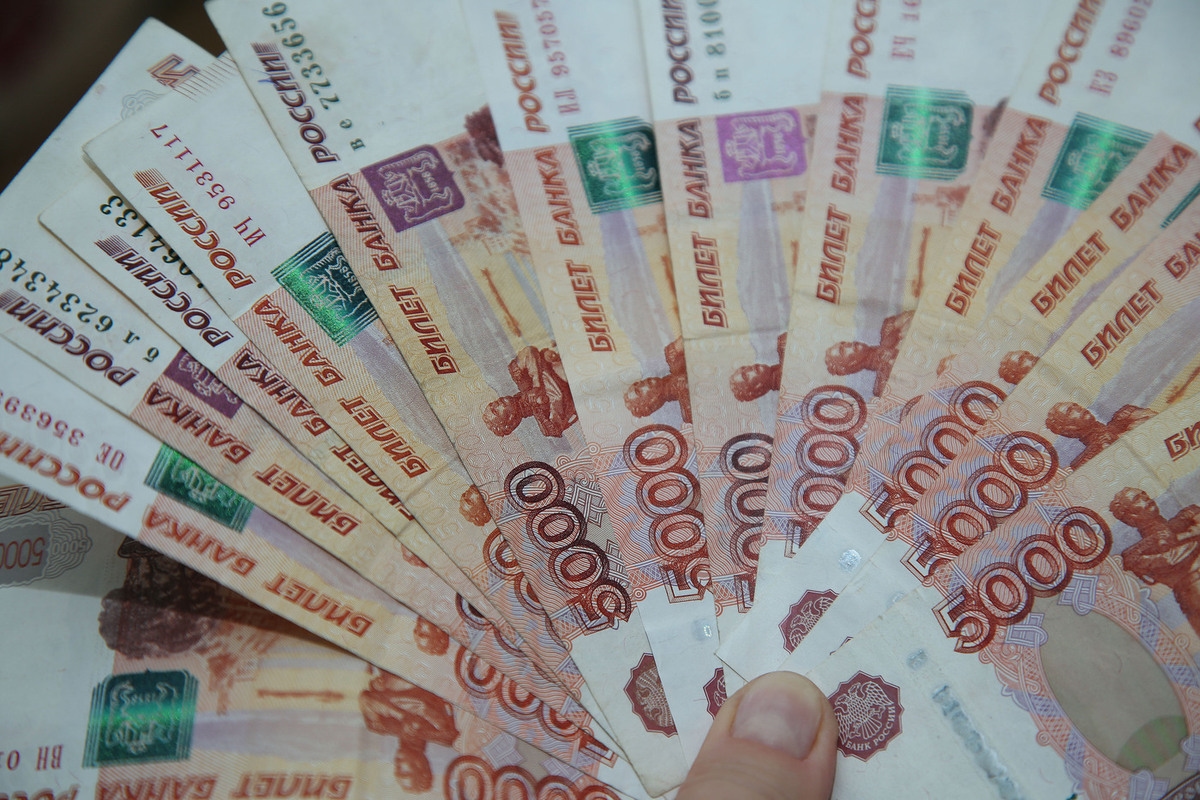Russia is preparing a radical reform of the foreign labor force.

A radical overhaul of the system for attracting foreign labor to Russia has been proposed. The current mechanism for issuing permits (work permits and patents) could be replaced by a so-called registry model based on organized recruitment. According to experts and business representatives, this project appears not so much difficult to implement as utopian.
As Kirill Adzinov, Deputy Head of the Ministry of Internal Affairs' Service for Citizenship and Registration of Foreign Citizens, stated during a meeting of the State Council's Human Resources Committee, Russia needs to optimize its migrant labor market.
"The current migration situation contributes to tax evasion by foreigners and the leakage of significant financial resources to their country of origin due to the acquisition of foreign currency," he noted. "Furthermore, the growing imbalance between the native population and newcomers leads to violent clashes along religious lines, the displacement of host country residents in certain economic sectors by newcomers, the increasing burden on social infrastructure such as education and healthcare due to migrants, as well as the concentration of individuals of a single nationality and the formation of uncontrolled ethnic enclaves."
According to Adzinov, an organized recruitment system could solve all the problems, requiring specialists to travel to specific employers (after undergoing the necessary background checks in their home countries). "The new algorithm envisages hiring foreign labor in the absence of Russian applicants and prompt review of the employer's application by employment agencies," the official added. Meanwhile, the Ministry of Labor, the Ministry of Internal Affairs, and Rostrud, with the help of employers, will need to assess in advance how many workers, from which countries, and in what professions to bring.
"The idea is extremely strange," Alexey Zubets, director of the Center for Social Economic Research, told MK. "Judge for yourself. Firstly, we have migrant workers from countries of the Eurasian Economic Union (of which Russia is a member) – Kazakhstan, Kyrgyzstan, Armenia, and Belarus. Since they have exactly the same rights in our employment market as Russian citizens, the organized recruitment mechanism doesn't apply to them. Secondly, we have visa-free entry agreements with Uzbekistan, Tajikistan, and Azerbaijan. Accordingly, their citizens can cross the border as tourists without any fear and stay in Russia visa-free for a period of time. Whether they find work here or not is a purely personal matter.
It turns out that to implement the Ministry of Internal Affairs' project, these people must be deprived of visa-free entry. The idea itself is not new and has already been implemented in some places around the world: for example, in the Persian Gulf monarchies, Qatar, Kuwait, and the UAE, 90% of the population are migrants who have no contact with the local population, living in isolated workers' settlements, "behind the fence," under strict government control. And if they break the law, they are immediately deported, arrested, or fined. It is impossible to create a similar system in Russia.
"We're talking about creating a unified, comprehensive system of organizational recruitment. Does that mean the initiators aren't taking into account crucial nuances?"
Our leaders want to "kill two birds with one stone": on the one hand, control the migration flow, and on the other, maintain normal relations with donor countries and develop joint projects. But that's not the way it works: it's one or the other. I can hardly imagine, for example, the government of Uzbekistan agreeing to such draconian measures. We also need to understand: the migrant problem is largely imaginary. Yes, foreigners are mentioned in articles about serious crimes like murder and rape, but this doesn't stand out much from the overall statistics of the Ministry of Internal Affairs. I'd also add that these incidents occur mainly within the national diasporas themselves, rarely spilling over and directly affecting Russians.
Overall, the initiative is absurd and counterproductive. What's the point? To reduce the workforce that many sectors of the domestic economy absolutely need? The labor market has become saturated with a wide range of professions, some more lucrative, some less so. Taxi drivers are considered well-paid. But in a number of our regions, highly questionable "experiments" have been conducted, denying migrants access to this service. And it turns out there's no one to drive them. It's exactly the same story with minibuses: they make good money, but for some reason, they can't find enough drivers.
mk.ru




